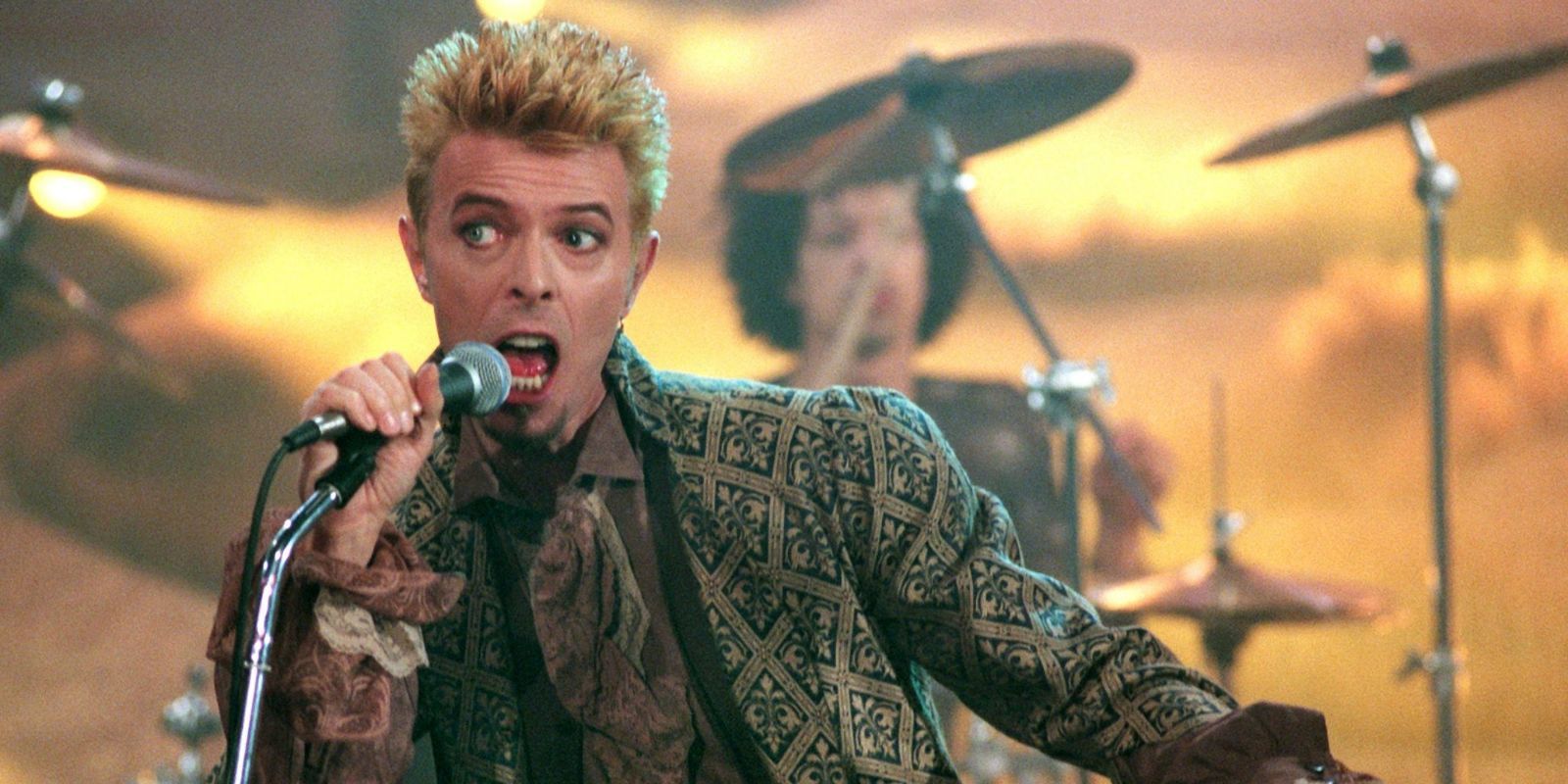For the artists brave enough to push boundaries and defy expectations, there is risk that is endured. It is the possibility of a project not quite landing, far too experimental or ahead of its time to resonate with the current masses. It can feel like a catastrophic failure, a reprimand for daring to be intuitively led. Yet, sometimes, if they’re lucky enough to still be alive to witness it, the tides turn. Time catches up or a new generation attunes and the same work that was once deemed career-ending suddenly becomes their magnum opus. This is the exact journey of Weezer’s Pinkerton, the album that both sealed their coffin and resurrected the band entirely.
Why Fans and Critics Got ‘Pinkerton’ So Wrong
Grammy-Award-winning band Weezer, comprised of Rivers Cuomo, Patrick Wilson, Brian Bell, and Scott Shriner, stands as one of the highest-regarded musical acts of the rock realm. They effortlessly led the post-grunge alternative movement, making music that is bubbly, restless, and imprinted in the DNA of every band that followed. Just like any other legendary act, however, they most certainly had to find their footing. Released in 1996, Pinkerton is the band’s second studio album. A far departure from the sweet exhale and humble introduction of their 1994 self-titled debut, Pinkerton sounded absolutely nothing like anything we knew Weezer to be. It was self-produced sonic mayhem, a journey through disillusionment and emotional despair. Cuomo wrote most of Pinkerton while studying at Harvard and recovering from a painful medical procedure, leaning into the vulnerability of his own inner turmoil. Purely confessional and brashly honest, it intentionally induced discomfort. Cuomo was aching, lonely, and incapable of play.
Fans at the time were angry with how unpalatable the album felt, expecting a continuation of their previous work. It was deemed “sloppy” and “aimless.” The project successfully ended Weezer as we knew it, serving as the last album to feature former bassist Matt Sharp, who left in 1998 and eventually sued the band over owing royalties from the album. Weezer would go on to disappear into a hiatus, with Cuomo questioning his abilities as a songwriter entirely. Pinkerton also underwent legal trouble. Though Rivers had explicitly named the record after a character in Giacomo Puccini’s 1904 opera, Madama Butterfly, the Pinkerton Detective Agency claimed the album was trademark infringement, slapping Weezer with a court order and suspending its sales.
Rolling Stone voted Pinkerton as the third-worst album of 1996, one voice among a wide sea of backlash. For the rest of Weezer’s discography, Cuomo stayed safe on an island of traditional pop songwriting and minimal personal woes. Their next self-titled project, affectionately known as the Green Album, housed “Island in the Sun,” one of their most successful singles to date. Weezer had gotten the message loud and clear, until that message changed.

Related
This Iconic David Bowie Album Reshaped Rock—and Is Still Considered One of the Greatest Ever
This record from 1975 led Bowie down a whole new road.
‘Pinkerton’ Was Once Hated—Now It’s Being Celebrated
Nearly three decades later, Pinkerton is deemed a cult classic. From failure to fan favorite, word-of-mouth and a new, open-minded generation rehabilitated Pinkerton’s flatline. Not a single one of the project’s 10 tracks boasts less than 10 million streams on Spotify, with “Pink Triangle” soaring at 53 million plays. The album now stands as a favorite among rock enthusiasts who genuinely miss how raw and uncompromised music once was. It is now visibly diluted, boiled down to the bare bones of what is palatable and sane. We’re now much more comfortable being wounded, and Pinkerton gives permission to lean into your misery with both curiosity and disdain. The same publication that once tore it down, Rolling Stone, eventually voted it the 16th-greatest album of all time.
The band would go on to reintegrate Pinkerton songs into their touring setlists, shocked to witness the positive response. “The last time we played all of those songs, they went over like a lead balloon. I just remember that feeling of just total rejection,” Cuomo shared with MTV News. “And then to see 5,500 people singing along to every last word through every song on the album, even the really difficult ones, was incredibly validating for me.”
In the end, one could argue that all the grief accompanied by Pinkerton was worth the legacy it deepened. Cuomo once lived in a deep shame about the album, exposing the deepest crevices of his shattered inner being. But with the world now finding solace in his truth, he is now being told it was actually okay all along to put yourself in your work, even the broken bits. For anyone brave enough to express themselves creatively, to explore their own edges and dare to do something new, Pinkerton’s story is one of artistic vindication. The reminder that it is always worth following your heart rather than any given outline, because honesty only ages better with time.










